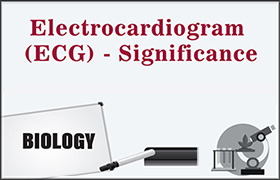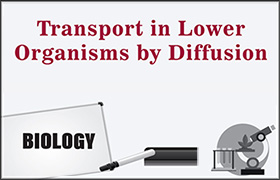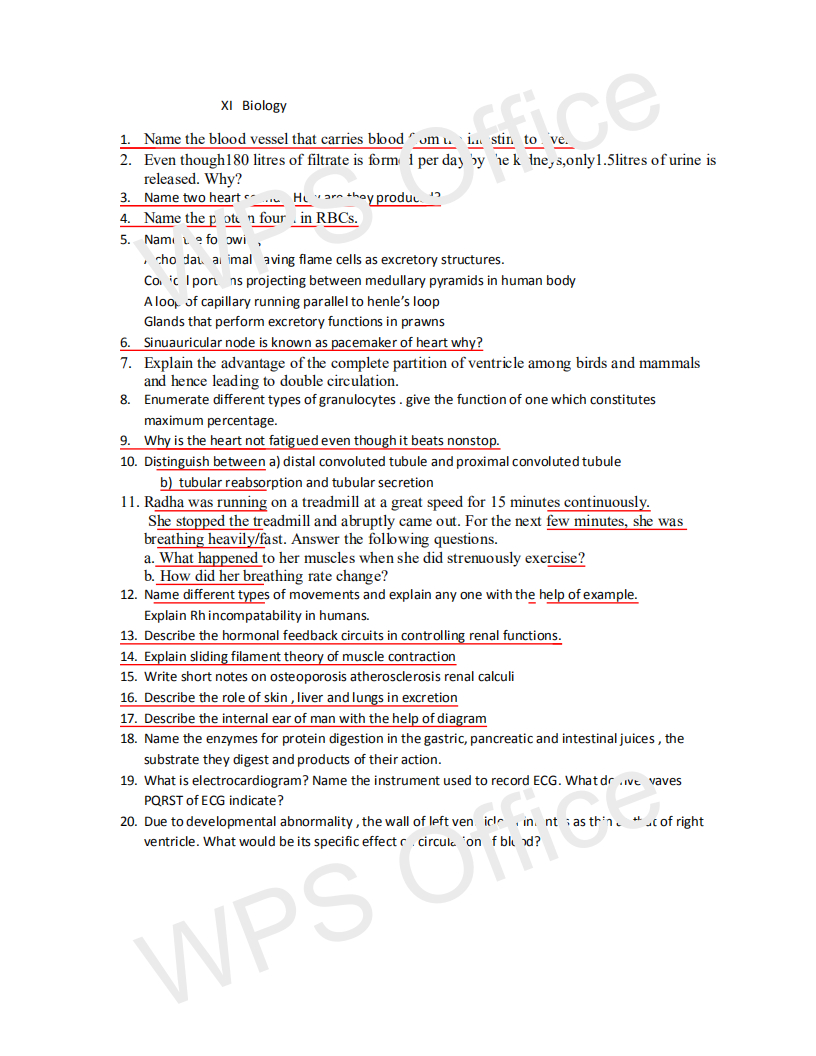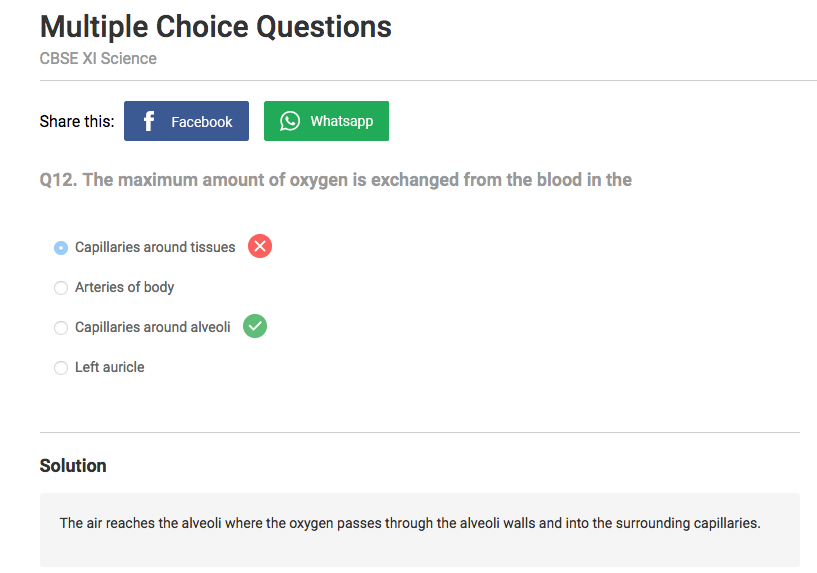CBSE Class 11-science Answered
Why do cardiac muscles never get tired?
Asked by pb_ckt | 28 Apr, 2019, 13:39: PM
The cardiac muscle that comprises the heart is of a different kind than the skeletal muscle comprising the hand. Skeletal muscles are attached to bone structures and cannot stay long in a flexed position without depleting their energy reserves. Those energy reserves come from mitochondria: structures inside the cells that use the energy taken in from food. Thus the more mitochondria it has, the greater the available energy for the muscle.
The total volume of skeletal muscle contains an average of only 1 to 2% mitochondria. This is an entirely sufficient energy source for intermittent muscular tasks as walking or running. The total volume of the heart, by contrast, is between 30 and 35% mitochondria.
This massive amount of energy-generating mitochondria means cardiac muscle, in a healthy state, need never rest: there is always some energy being transferred to the muscle at the same time that more energy is being derived from caloric intake. And this happens always in time for the next heart beat.
Answered by | 28 Apr, 2019, 20:03: PM
Concept Videos
CBSE 11-science - Biology
Asked by kumarhemkunt | 18 Mar, 2021, 11:29: AM
CBSE 11-science - Biology
Asked by itsmepreeti97 | 14 Jun, 2020, 17:40: PM
CBSE 11-science - Biology
Asked by yashaschinnu6 | 09 Jan, 2020, 19:57: PM
CBSE 11-science - Biology
Asked by arushidabhade | 25 Aug, 2019, 14:57: PM
CBSE 11-science - Biology
Asked by arushidabhade | 25 Aug, 2019, 14:54: PM
CBSE 11-science - Biology
Asked by pb_ckt | 28 Apr, 2019, 13:39: PM
CBSE 11-science - Biology
Asked by myschooladviser1 | 12 Feb, 2019, 16:03: PM
CBSE 11-science - Biology
Asked by kaintkaku | 02 May, 2018, 08:39: AM
CBSE 11-science - Biology
Asked by Topperlearning User | 18 Jul, 2014, 14:13: PM
CBSE 11-science - Biology
Asked by Topperlearning User | 18 Jul, 2014, 14:13: PM








